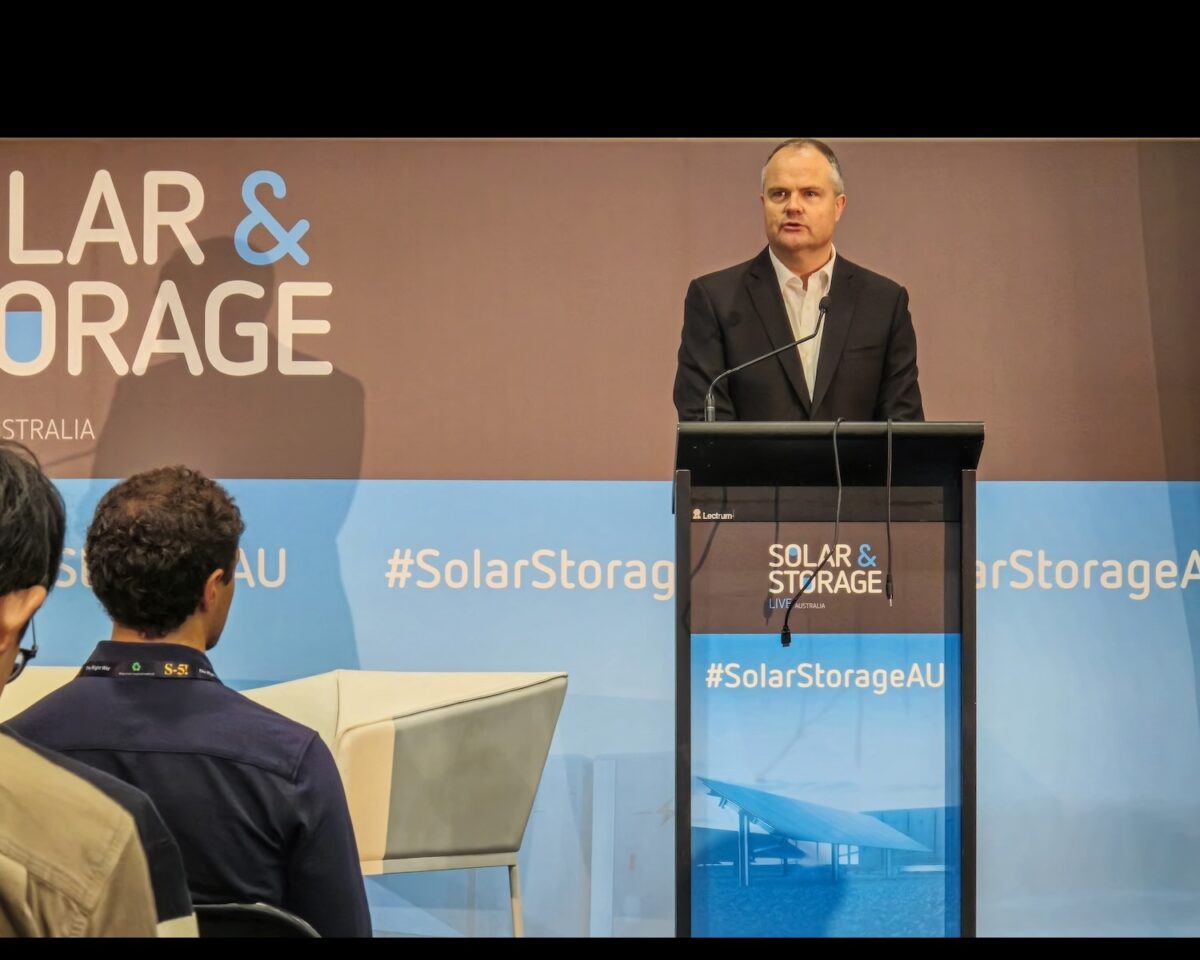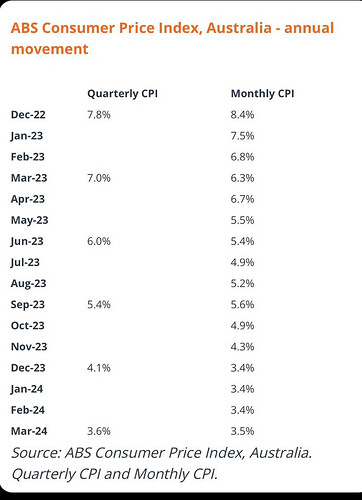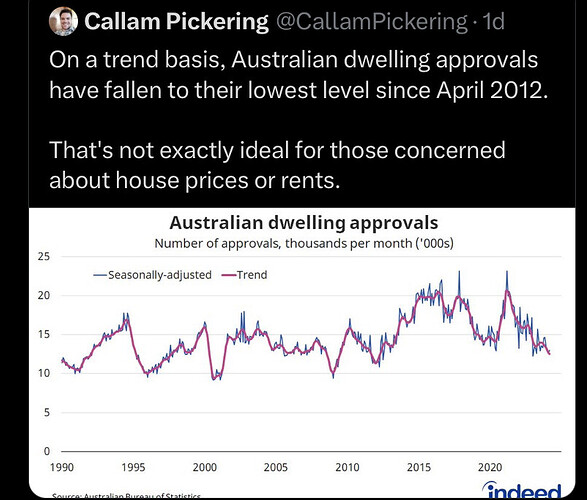Coalition’s O’Brien prompts walkout at solar event after claiming renewables will lead to blackouts
A warning from the federal Opposition’s energy spokesman Ted O’Brien that Australia’s renewable energy plans will make it a “poor and weak nation” with regular blackouts, along with a call to invest in nuclear power, has caused a walkout at a Brisbane solar technology event.
Ted O’Brien sparked the controversy at the Solar and Storage Live conference on Wednesday with a speech claiming Australia’s wind, hydro and solar power plans would endanger the nation’s power grid and were not capable of meeting its energy needs.
More than 20 attendees walked out during the speech, with one man heckling the Queensland LNP member.
The exodus followed several opening speeches from renewable energy experts, who extolled Australia’s world-leading adoption of solar technology and called for greater investments in battery storage technology to capitalise on zero-emissions energy.
But O’Brien told the audience the Labor government’s moves to replace coal-fired power stations with investments in large-scale wind, solar, and battery projects were an untested experiment that would damage the national electricity grid.
“The days of an affordable, reliable, 24/7 power system will be gone,” he said.
"Australia will be left as a poor and weak nation, highly dependent on foreign supply chains.”
O’Brien said Australia needed to invest in nuclear power plants to meet its net-zero emissions goal by 2050 and avoid “blackouts and brownouts” becoming the norm.
He did not dismiss solar technology entirely, however, calling for greater investments in battery technology to stop rooftop solar systems saturating the network.
“Solar has enormous potential in this country still yet, but we have to be clear-eyed too on the challenges as much as the opportunities as we move forward,” he said.
“While our current electricity system is powered by renewables, gas and coal, I believe that our future system will be powered by renewables, gas and zero-emissions nuclear energy.”
Many attendees walked out of the theatre during Mr O’Brien’s speech, while one man loudly questioned his claims.
In a recorded speech played to open the solar event, Industry and Science Minister Ed Husic took an opposing view, lauding Australia’s investments in solar power and revealing plans to support local battery technology in future.
“We have been working on the development of the national battery strategy because we hold the bulk of the world’s resources in critical minerals and rare earths, yet we do very little value-add creating energy storage systems,” he said.
“We’re generating so much power from solar we should be able to provide energy storage solutions for residential, commercial and industry use.”
Clean Energy Council Queensland policy and impact director Tracey Stinson also told attendees renewable energy was making a growing impact in Australia, and made up 39 per cent of Australia’s energy generation last year.
“That’s more than doubled in the last five years,” she said.
“That 80 per cent target by 2030 is very much in our sights.”
Ms Stinson said renewable projects did face hurdles, however, including delays in large-scale project approvals, developing renewable energy zones, and striking the right balance in community consultation.





